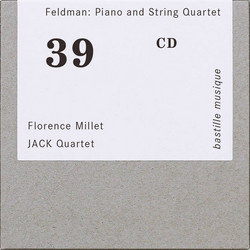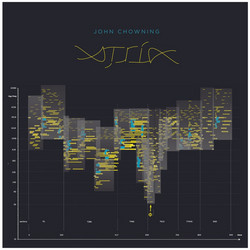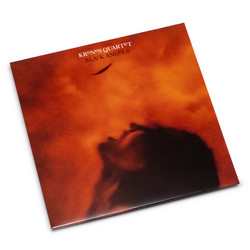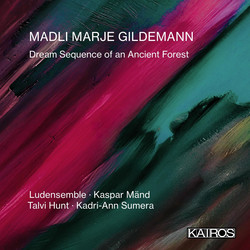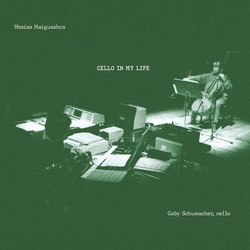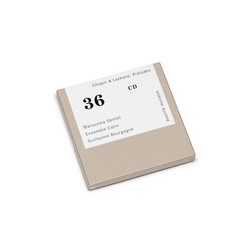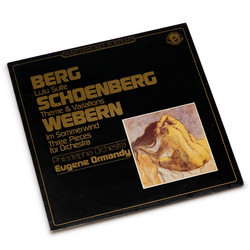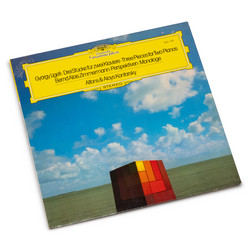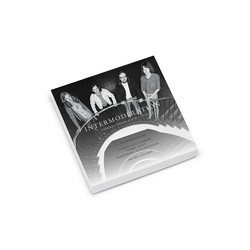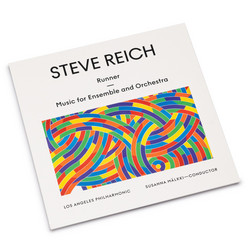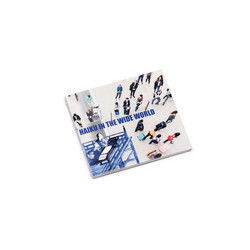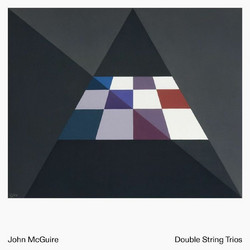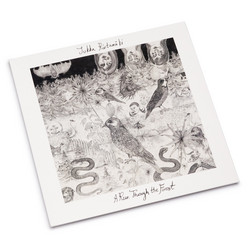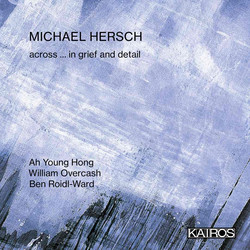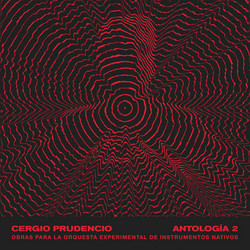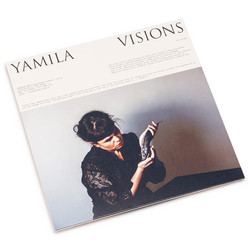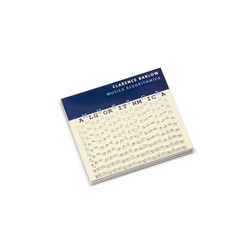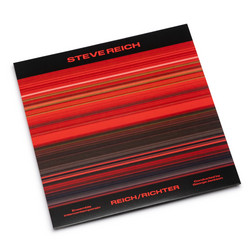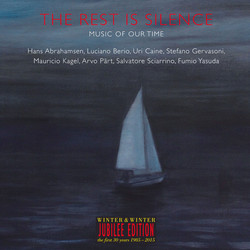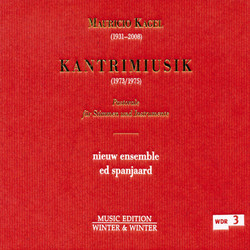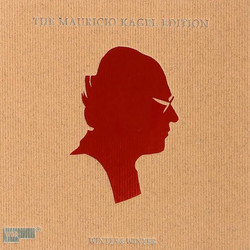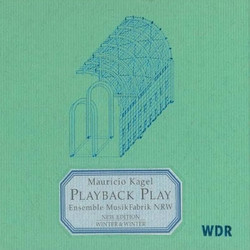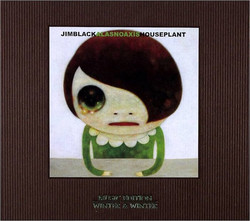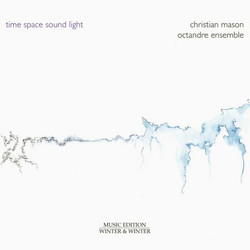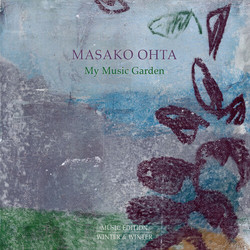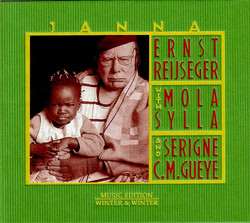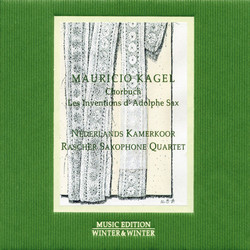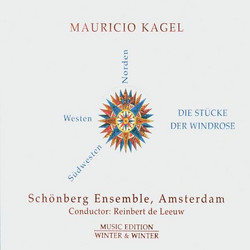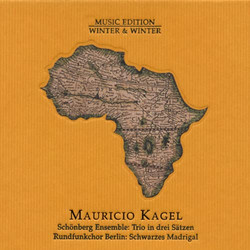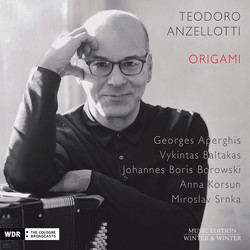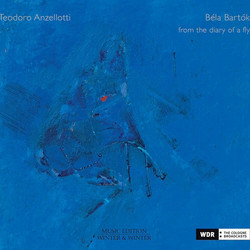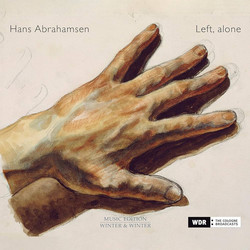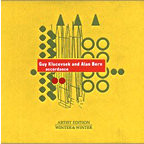*2025 stock* Olympia 1972 and the musical avant-garde. A look back at the music program created for and around the 1972 Olympic Games in Munich causes astonishment. The people in charge give space to contemporary music. It is quite natural and apparently normal to rely on the avant-garde. This extraordinary musical framework program for the 1972 Olympics has almost been forgotten. The architecture with its transparent, glass tent roof is remembered as a sign of a new, cosmopolitan, modern and democratic Germany, as a counterpoint to the stone Berlin Olympic Stadium of 1936, and the shocking kidnapping of the Israeli athletes, which ended with the death of twelve people, is burned into the memory.
In the Olympic summer of 1972, contemporary music fills the entire city of Munich, Mauricio Kagel plays "Exotica" with curious instruments from the Münchner Stadtmuseum, Karlheinz Stockhausen invites people to his "Sternklang" in the English Garden on starry nights, John Cage, Morton Feldman and Josef Anton Riedl, among others, are heard. Performances will take place throughout the city, and Krzysztof Penderecki will set the text of the Ekecheiria Agreement ('truce agreement') of 884 BC to music at the opening ceremony:
Hold fast to the old custom
Preserve your land
Stay away from war
And give a sign to the world
of brotherly friendship,
When the time of the quadrennial games approaches
50 years later, in the summer of 2022, Munich celebrated the anniversary of the "cheerful" Games, but also remembered the tragedy that so abruptly destroyed the Olympic truce.
For the central anniversary festival in Munich, entitled "Festival des Spiels, des Sport und der Kunst" (Festival of Games, Sports and Art), Neue Klangkunst by Mariko Takahashi and Stefan Winter were commissioned to create a sound installation around the Olympic lake with eight sound sculptures. This work, titled "The Games Must Go On," recalls the still controversial call by then IOC President Avery Brundage who refuses to stop the games because of the assassination attempt. Takahashi and Winter commission Japanese composer Fumio Yasuda to re-score Ekecheiria as part of "The Games Must Go On" to reflect the events of 1972.
In this context, Fumio Yasuda composes the recording work "The Games Must Go On" for six voices of the Exaudi vocal ensemble conducted by James Weeks and polyphonic movements for bass clarinetist Gareth Davis. Joining the voices of Exaudi (Cressida Sharp: soprano, Lotte Betts-Dean: mezzo-soprano, Jessica Gillingwater: mezzo-soprano, David de Winter: Tenor, Ruairi Bowen: Tenor, Michael Hickman: Baritone), Gareth Davis performs a six-part clarinet movement in Part I. In Part II, inspired by Japanese monk chants, a two-part clarinet movement follows, and Gareth Davis improvises a solo part to the composed vocal parts of Part III. Five clarinet voices follow in Part IV, the six voices are contrasted by four clarinets in Part V, and Part VI begins with a six-part a cappella movement followed by a three-part clarinet movement. The call "Never Forget" refers to the Ekecheiria Agreement, but also to the fatal event at Munich. Part VII ends with the six voices of Exaudi and an eight-part clarinet movement. Between the compositions "The Games Must Go On" Gareth Davis improvises six sound bridges under the title "Ekecheiria".


